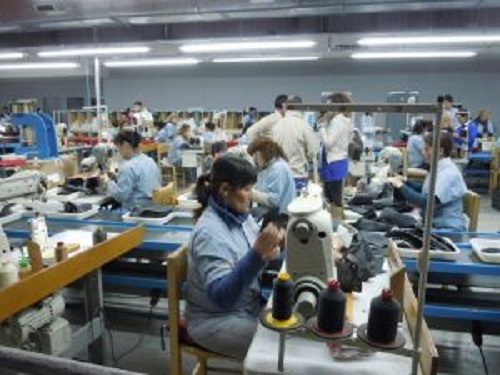1 November 2023

The Chamber of Deputies of Argentina by a very large majority gave half sanction to the law for the Promotion of the Footwear Industry and its value chain. The proposal was sent to the Senate who must decide whether to convert it into law. Report by CueroAmérica.
The initiative, which obtained the support of the parliamentary blocs of the Frente de Todos,(FDT), United Provinces and Federal Interbloc, aims to create quality jobs and promote greater international insertion. The groups calling themselves ‘Together for Change’ and ‘La Libertad Avanza’ demonstrated against it.
The project belongs to the FDT deputy Constanza Alonso who is originally from the town of Chivilcoy, a city in the province of Buenos Aires that is home to one of the footwear manufacturing hubs. In turn, the president of the Industry Commission of that Chamber, Marcelo Casaretto, explained in the debate that the law attempts to place the footwear sector “as a strategic industry in Argentina” through “a program to promote the local industry.” and the integration of local value in footwear.”
For his part, Alonso added that the proposal had “the broad participation of the chambers of the footwear industry, the footwear union and other sectors involved such as tanners and suppliers.” He also assured that the bill “is very federal and comprehensive for the industry, it provides certainty and seeks to strengthen the entire footwear value chain so that it is fully competitive.”
The proposal includes tax benefits such as the amortization of income tax, zero withholdings for exports until December 2031, and reduction of employer contributions. In addition, it contemplates a legal framework for the transformation of the value chain to promote import substitution.
José Luis Espert, one of the deputies who voted against, stated that his rejection is due to the fact that the project “tries to avoid everything that is competition in the footwear sector, it is one of the most protected sectors in the industry.” Argentina and has the maximum import tariff.”

使用條款 | 隱私政策 | APLF 可持續發展